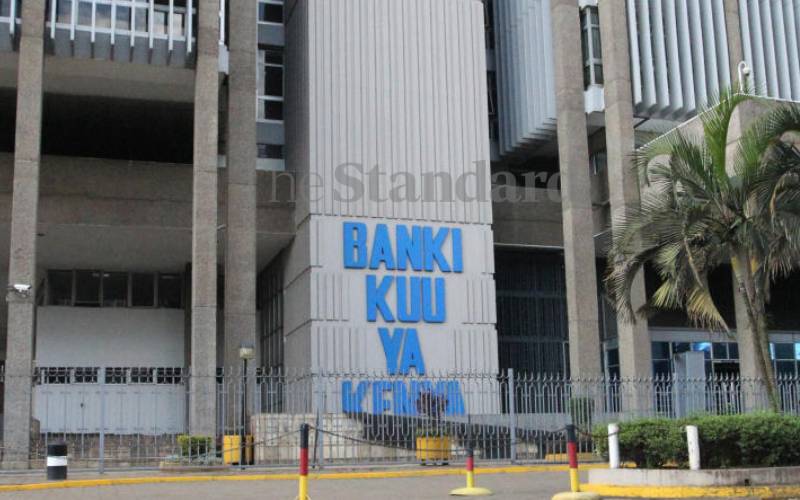
According to the CBK annual bank supervision report, 204,802 of the 915,115 MSME loan accounts were classified as non-performing. [Courtesy]
According to the Ministry of Industrialisation, Trade and Enterprise Development, Micro Small and Medium Enterprises (MSMEs) employ more than 80 per cent of Kenya’s working population. According to Kenya National Bureaus of Statistics, MSMEs contribute about a third of Kenya’s Gross Domestic Product. The MSMEs, therefore, are a critical cog to Kenya’s economic development. This reiterates the need to support the enterprises.







